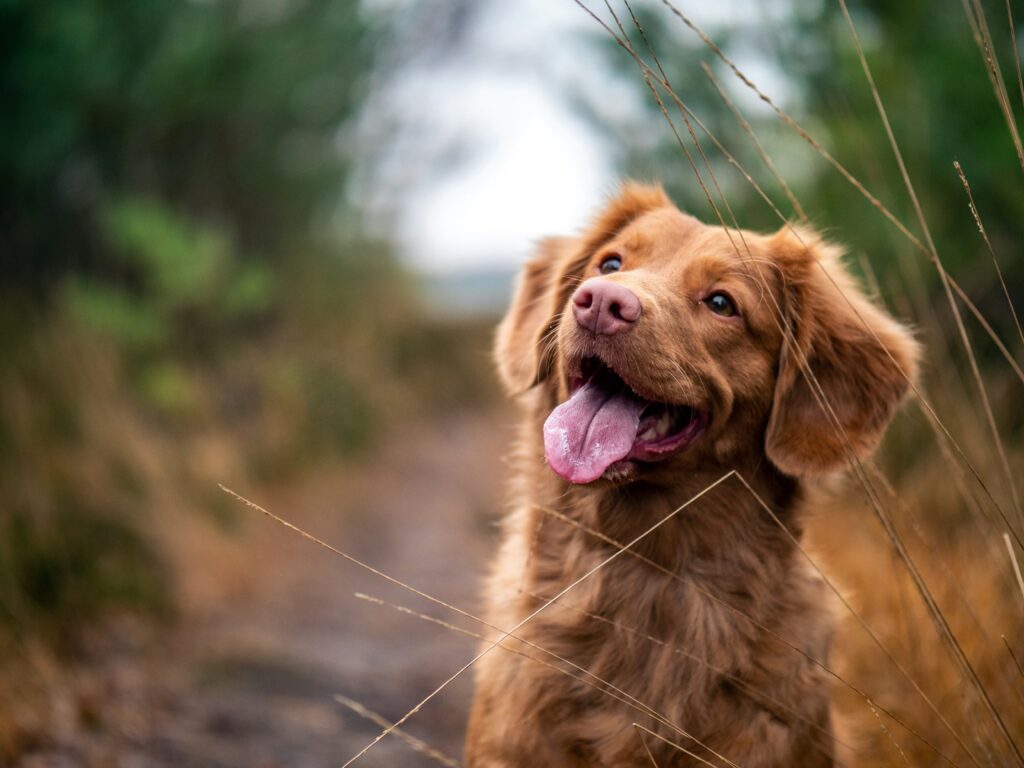
As dogs get older, their needs change — and so should the way we care for them. From graying muzzles to slowing steps, senior dogs require extra attention, comfort, and support to stay healthy and happy in their golden years.
Whether your dog is just starting to slow down or is already a seasoned senior, here are the top tips for keeping your older dog feeling their best.
🧓 When Is a Dog Considered a Senior?
Generally:
- Small breeds (under 20 lbs): senior at 10–12 years
- Medium breeds: around 8–10 years
- Large & giant breeds: as early as 6–7 years
Breed, genetics, and lifestyle all play a role — so consult your vet if you’re unsure.
🩺 1. Schedule Regular Vet Checkups
Older dogs are more prone to:
- Arthritis
- Dental disease
- Heart and kidney issues
- Vision/hearing loss
- Cognitive decline (doggy dementia)
✅ Twice-a-year checkups can catch problems early and improve quality of life.
🍽️ 2. Adjust Their Diet
Senior dogs may need:
- Fewer calories (due to lower activity)
- More fiber (for digestion)
- Joint-supporting nutrients like glucosamine & omega-3
- Soft or moist food (if they have dental issues)
💡 Talk to your vet about senior-specific dog food or supplements.
🏃♂️ 3. Keep Them Active – Gently
Exercise keeps joints mobile, weight in check, and minds sharp.
Try:
- Short, frequent walks
- Gentle playtime
- Canine physical therapy or swimming (if needed)
⚠ Avoid intense jumping or slippery floors to prevent injuries.
🦷 4. Prioritize Dental Health
Dental disease is common in older dogs and can lead to pain and infections.
Tips:
- Brush teeth regularly
- Use dental treats or toys
- Consider professional cleanings if needed
🧠 5. Support Cognitive Function
Senior dogs can show signs of canine cognitive dysfunction (like confusion or disorientation).
What helps:
- Mental stimulation (puzzle toys, training)
- Consistent daily routines
- Supplements like SAMe or omega-3s
- Keeping a calm, familiar environment
🛏️ 6. Provide Comfort at Home
Make their home senior-friendly:
- Orthopedic beds
- Ramps or steps to couches/beds
- Non-slip rugs
- Easy access to water bowls and favorite spots
🧡 7. Give Extra Love & Patience
Older dogs may become more clingy, confused, or slow to respond.
Now more than ever, they need:
- Gentle affection
- Positive reinforcement
- Time and attention
Their loyalty deserves your patience in return.
✅ Final Thoughts
Aging is a natural part of life — but with your care, your senior dog can enjoy their later years in comfort and joy. Small adjustments make a big difference in their physical and emotional well-being.
Cherish every gray hair, every slow walk, and every soft snuggle. Your dog may be getting older, but their love never fades.
